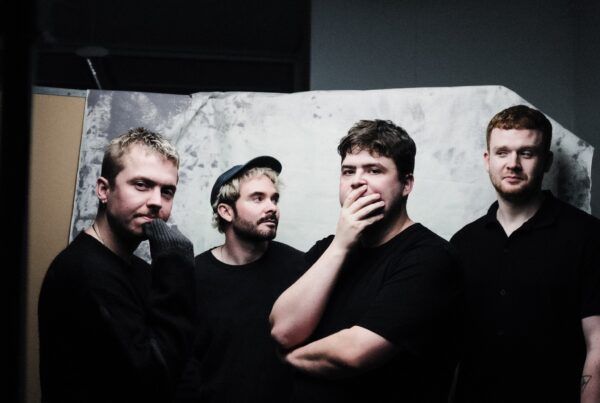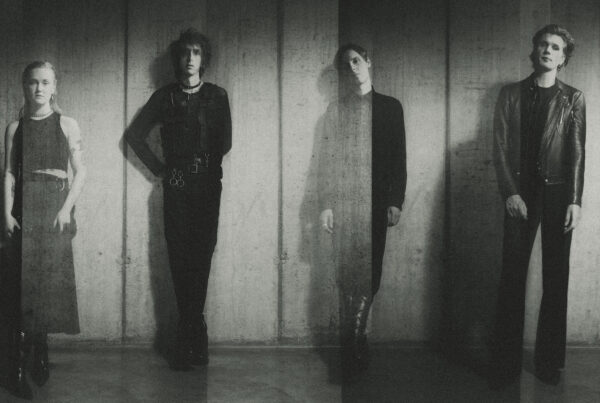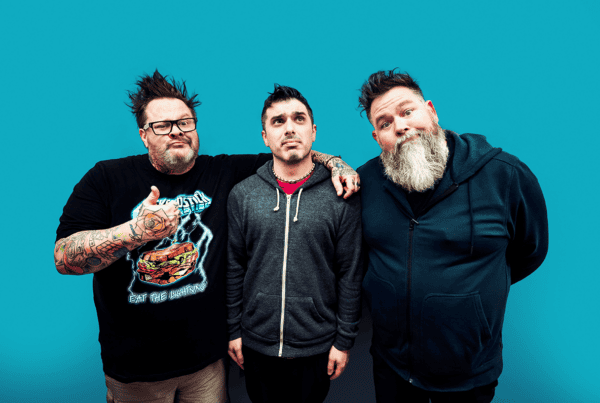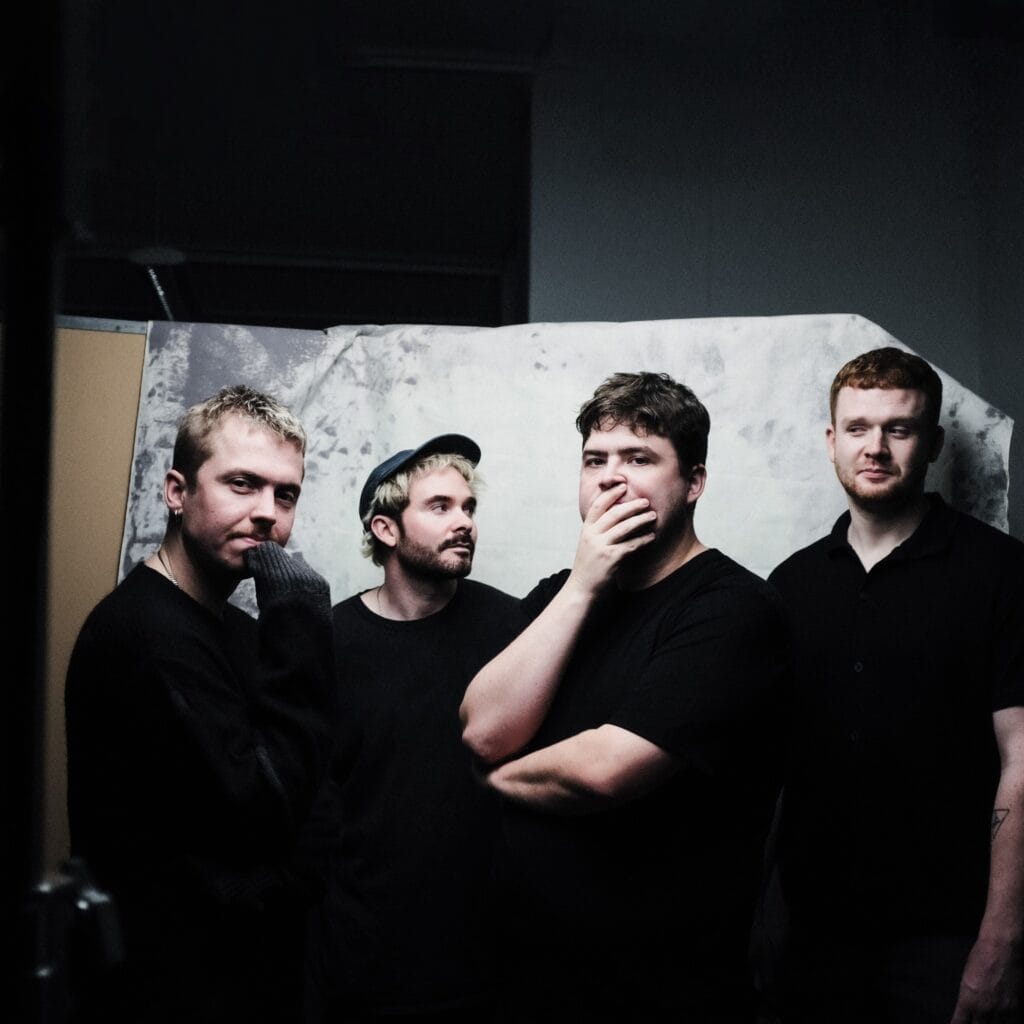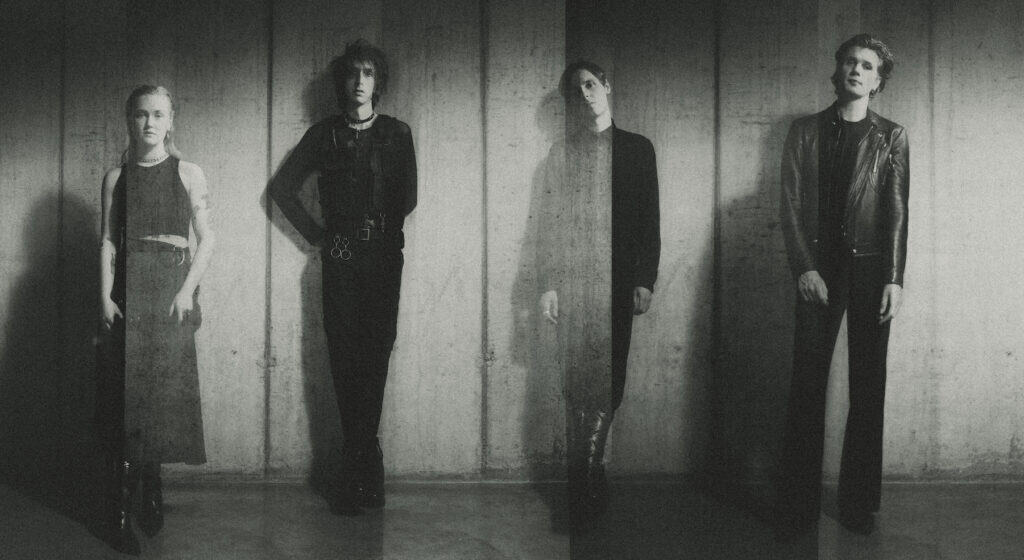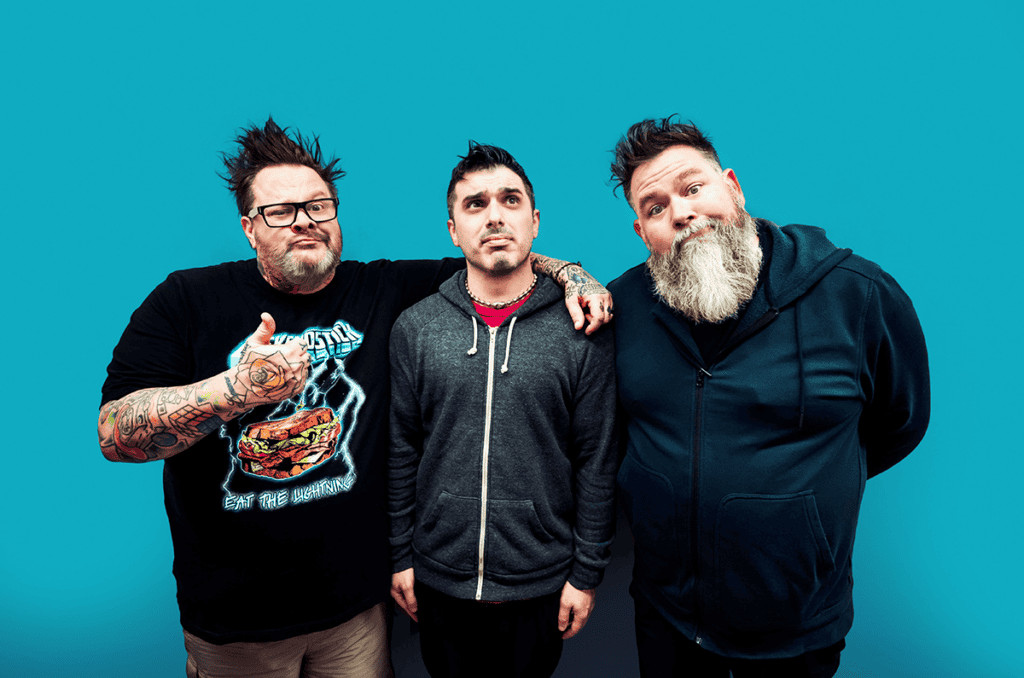A pioneer of the female revolution in the wrestling world, Scottish-born Kimberly Benson, better known by her ring name Viper, spoke to us about her global success, defying conventions and being a key figure in a new age for the sport.
[like_to_read][/like_to_read]
S] Your career has taken you all over the world: Japan, the US, the UK. A lot of people look at success as WWE or working in America, but you’ve made a great career for yourself in the UK travelling around Europe. How would you define success both as a wrestler, and as a person?
As a wrestler, I would define success as being able to wrestle as a full-time job – something I can make a living from. As a human being, I would define success as happiness: you don’t have to be rich, you don’t have to be famous, as long as you’re content.
S] What are your influences from outside the wrestling world? It might be specific people, places, movies, things like that. What kind of stuff do you enjoy on a cultural level outside of work and wrestling? What inspires you and motivates you?
This sounds so cheesy but it’s my mother. She works tirelessly, not just in the sense that she works a job; she’s one of those people who just wants to do everything for everyone, anything to make someone’s day a little bit better. I always say that if I become half the woman my mother is, then I’ve done a good job.
S] What advice would you give to young person who wants to follow in your footsteps and become a professional wrestler in 2018?
I would say research is the first step. Look into schools in your area. When people watch me, I want people to look at me and see that if I have the confidence to do what makes me happy, then you can apply that in any area in your own life. Don’t worry about what other people will think about it – just go out and do it.
There are wrestling schools in different parts of the UK. You’ve travelled around tirelessly to get where you are. We often do a lot of interviews with people involved in the music and media industries, and we ask them “Do you need to live in London or Manchester to be successful?” In the wrestling world, there are wrestling schools of varying qualities all across the country. Is it necessary to uproot your life and move in order to be successful when you’re starting out?
I’ve had a lot of friends move to the UK to train. If you live in the UK, I wouldn’t say you have to move to the likes of the US, but you do have to be prepared to travel. Wrestling is one of those things where you only get out what you put in. You have to see yourself as an investment. Whether that’s time or money or effort, the more you put in, the more you get out.
You went to Japan and did a lot there, and then you went to the US with WWE for a brief time as well. Could you tell me about the cultural challenges that you faced? As a performer and a wrestler, you hear all the time from an outsider’s perspective how amazing Japan is, for example; how amazing it is to work with WWE. What did you learn being in these unfamiliar places?
Japan is a whole different world. It seems to exist in its own little bubble. They do their thing their way and that is how they like it, so you have to learn quickly. There are so many things you just can’t teach anyone else unless they are already immersed in that culture. For example, you can’t put your chopsticks upright in a bowl it’s extremely rude because it has connotations of death. There are all kinds of things you could never imagine. It’s so different but I adore it, I think it’s one of the greatest places on the planet. What I learned about myself is that I’m extremely nurturing. Travelling helps when it comes to making friends with strangers, even when it came to a young girl I was talking to in the same line as me; you just have so many wonderful experiences.
S] Another strand to that question: obviously you’ve achieved what so many people dream about. You’ve gained national and international exposure as a performer. I guess your time with WWE was a great learning curve, as well. My next question is: is it all that it’s cracked up to be? Growing up as a wrestler in the UK, you’re made to believe that it’s the be-all and end-all, but I’ve spoken to many people who found it just wasn’t for them. What did you learn about yourself, but this time in the context of the WWE ring?
I learned that my end goal when I started wrestling certainly isn’t my end goal now. From what I’ve learned from working all over the place, I think a lot of people get wrapped up in thinking that they’re achieving their dream and they’re not always prepared for all the problems, heartache and sacrifice that comes with it. I thoroughly believe that you have to go through all the disappointments, the injuries, and the hardships that come with being a wrestler because they make you more appreciative of the times that are great.
As an extension of that, what are the biggest challenges you’ve faced in your career?
Women’s wrestling is still very much in that supermodel era. Because of that, wrestling itself wasn’t very much respected. To not fit that mould sets you even further back. It’s like “we don’t want women wrestlers because we don’t rate it, and because you don’t look very good that makes it even less likely for you to be on this show”. People wouldn’t say it, but I knew that’s what they were getting at. Because I didn’t meet the standard of “athletic”, “petite” or “gorgeous”, shows didn’t really want anything to do with me. If they just give me five minutes, I could show them what a real wrestler looks like.
We do a lot of work with people with disabilities and mental health problems who have a lot of anxiety and struggle with self-image issues. I wanted to ask you, as someone who has achieved so much success and comes across as confident and proud – an inspiration to many women – what would your advice be for having that confidence?
Compared to the models on the signs in Japan, I am extremely different. They are very petite, very short, whereas I am big and blonde. I stuck out like a sore thumb. Whether they mean things the way they come across, I’ve found them to be very blunt. They made me feel very different. It was really hard. I remember being on the phone to my mum and dad crying my heart out about how hard I was finding it. I just wanted to come home. They said to me, “If you want we will buy you a flight to come home. You don’t need to be doing this to yourself.”, but something within me thought, “If I give up now, I’m always going to give up. If I can just get on with it and show how talented I am, I can overcome anything.” That’s something I’ve always believed: if I can push through this, I can push through anything. It’s about building an exterior, and making yourself harder. Opinions don’t matter. For me, wrestling is what makes me happy, so why should I let someone else effect that? You’re in control of your happiness – nobody else.
The World of Sport tour is coming up in the UK which is a great success. How does it feel to be a part of that World of Sport revival and be one of the faces that was regularly there in the limelight? I think the great thing about World of Sport was everyone on that roster had a chance to shine, and you did a particularly great job of that. How does it feel to be part of such an exciting time for wrestling?
I was immensely proud because not only is it about getting wrestling to a new generation, but for me, it was about preserving a legacy, trying to make those who came before us proud. I’m glad that it isn’t going back to the old ways of slight, pretty girls. I felt like being a bigger girl was normal, like it was just normal for me to be there. From the get go, it should have been more inclusive, but I’m glad we’re taking steps in that direction now. I’m proud of myself, and I’m proud of the team.
My last question reflects something you highlighted yourself earlier: how your goals have changed and developed over the years? What do you want to achieve next?
It’s very crazy for me because when I started out wrestling, the intention was never to become famous. I did it because I liked it. I never dreamed of doing all the things I’ve done. Now, I can think broader and start thinking not just about being a wrestler, but about being a performer and a personality. I think sometimes if you have too much of a dead-set goal, you can be blinded to other opportunities that may come your way. So, for the moment, I am very happily going down this road that wrestling seems to be taking me, but I am very open to what else comes up.
Have you got a message for all your fans? Again, you’re a very inspirational human being, you’ve been able to overcome a lot of odds. What would you say to your fans who will continue to support you in the future?
You’re in control of your happiness, and you’re the captain of your soul.
Tickets for the forthcoming WOS UK tour, visit the link: https://www.gigsandtours.com/search?q=wos+wrestling&dst=&dend

